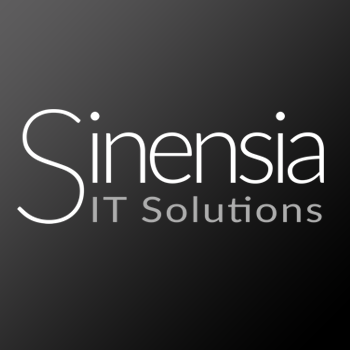
Descripción: Curso IMS Fundamentals
Formación en Application Developers
Learn about the basic Information Management System (IMS): IMS facilities, the IMS database system, and the IMS Transaction Manager (IMS/TM). Explore how these facilities work together and how application programs interact with them in today's complex enterprise systems.
This course has 30 hours of instruction.
This course uses a Web conference medium with live instructor audio and Internet Web conferenced material. You have chat-type Question and Answer (Q and A) ability, plus live audio. The course is taught 10:00 a.m. to 12:00 noon and 1:00 p.m. to 4:00 p.m. Central time for six work days over a two-week period. Since the course is taught live using Web conferencing methods, you can attend from your home or work. Class durations are approximately one-half day so you can still accommodate daily work responsibilities. You will be contacted prior to class start to receive connection information, hardcopy student materials, and other relevant information.
Course Materials
You will be contacted prior to class start to receive connection information, hardcopy student materials, and other relevant information.
Formación IBM
Essentials IMSDetalles
Contáctenos a través de >éste formulario<
Precios especiales para la formación de grupos
Podemos adaptar cualquier curso a sus necesidades, e impartirlo en sus instalaciones o en nuestros centro de formación ContáctenosCursos relacionados


